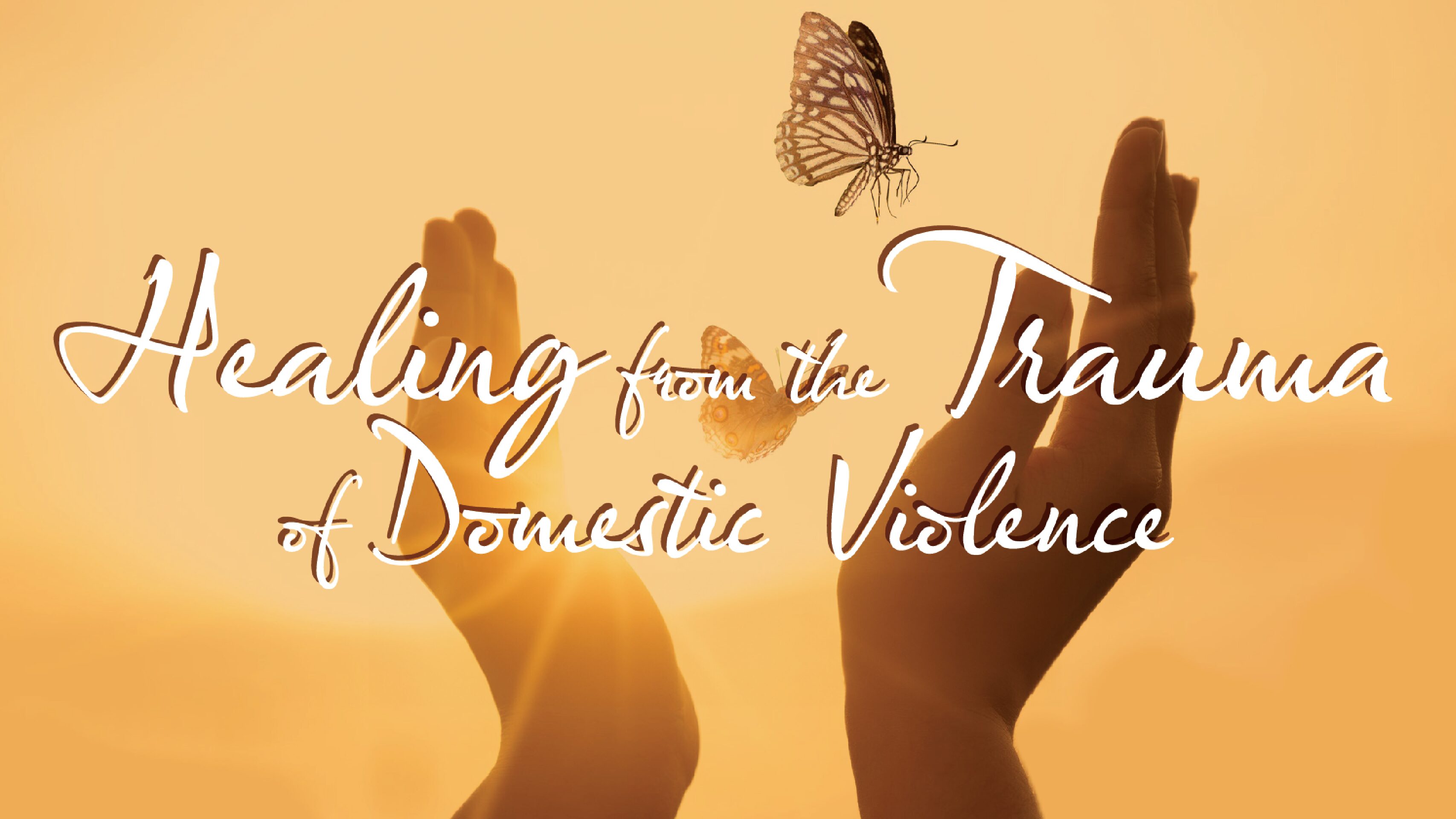
On Saturday October 26th EPA is sponsoring a Domestic Violence Awareness workshop. Two survivors will share their stories and then Rev. Neelley Hicks, a UMC pastor will facilitate a conversation to equip faith leaders with the tools they need to support survivors, I chatted with Rev. Hicks over email about why the work of understanding trauma and supporting those who have experienced trauma, are necessary skills for all faith leaders to develop. This conversation has been edited and condensed.
Why should a pastor/ faith leader attend a workshop on domestic violence awareness?
There’s a high probability that someone in your congregation is either currently suffering from domestic abuse or has suffered from it in the past. Understanding the warning signs helps you more adequately care for those in your congregation and community.
I noticed that a lot of your work focuses on helping individuals cope with trauma. What is trauma?
Emotional trauma comes from experiencing life’s hardships in such a way that you feel unsafe and that leaves lasting negative effects on your physical, emotional, and spiritual wellbeing. Think 3 E’s: event, experience, effects.
The full definition is “Trauma results from an event, series of events, or set of circumstances that is experienced by an individual as physically or emotionally harmful or threatening and that has lasting adverse effects on the individual’s functioning and physical, social, emotional, or spiritual well-being” (Substance Abuse & Mental Health Services Administration (SAMHSA))
What are three things that you wish people of faith knew about how to help someone who has experienced trauma?
1. Instead of asking others, “What’s wrong with that person?” we can ask the person, “What happened?” This moves us from judgment to compassion and helps the survivor release shame, which is critical to healing. Simply listening without judgment can help the person feel safe and begin learning how to cope with their emotions.
2. When we are reminded of our trauma, our bodies are perceiving danger. In those moments, we may lash out, leave, disengage, or become super compliant. These automatic responses (fight, flight, freeze, fawn) happen when our bodies are triggered or reminded of trauma. Understanding our triggers can help us see the warning signs so we can take steps to prevent these automatic responses.
3. When we start feeling triggered, we can pause and breathe deeply to prevent these automatic responses. We usually breathe shallowly, and when triggered, we lack the oxygen in our brains to think clearly.
Box breathing is an excellent calming exercise. Philippians 4:8-9 offers a mindfulness practice that can bring us back into a sense of safety. We can sit with someone and breathe together, engage our physical senses through music, smelling something pleasant (essential oils are great), touch something soft and comforting, etc.
Supporting survivors of domestic violence, and survivors of trauma generally, is such important work. What skills/ awareness should pastors/ faith leaders cultivate? Triumph Over Trauma resources were developed with congregations in mind. The program educates faith leaders themselves, but it is meant to be shared through small groups, workshops, and retreats. This program was a gamechanger for me, and I now incorporate it into pastoral care, pre-marital counseling, funerals, and sermons. It is free to download at TriumphOverTrauma.INFO.
What do you hope participants will carry with them from the Domestic Violence Awareness workshop?
Healing is possible. You are God’s beloved, nothing and no one can take that away from you. You are worthy to live your best life.
You won’t want to miss this impactful conversation. Register for the virtual workshop on Oct 26th at 9am today! Click here to register.
